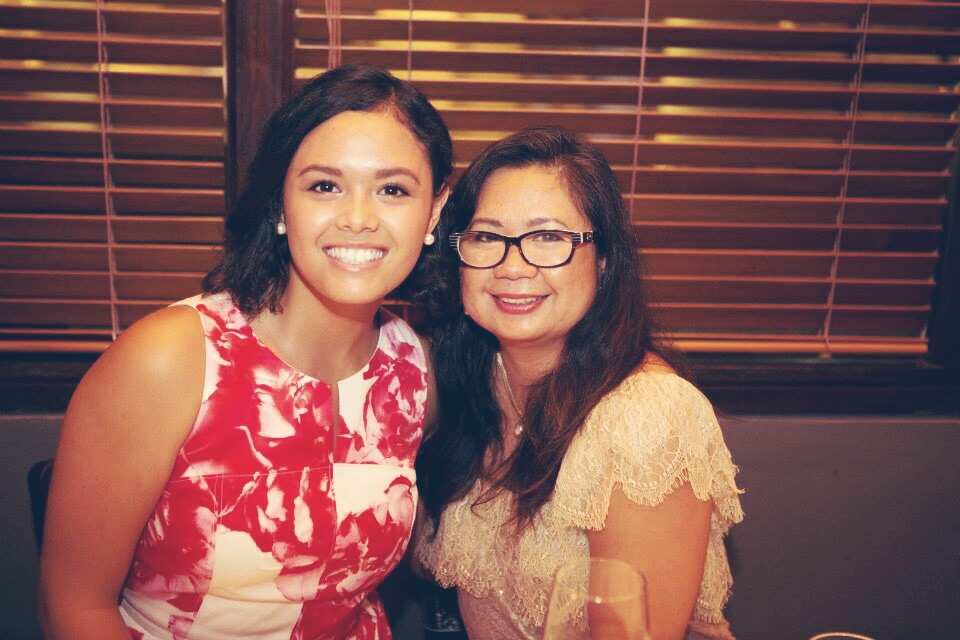Insight finds out what young people who attempt or contemplate suicide are thinking and feeling at that time. Preventing Teen Suicide, Tuesday May 7 at 8:30pm on SBS and SBS On Demand.
It’s an often reported statistic that suicide is the leading cause of death among young Australians aged 15 to 24.
But what’s not often known is that the number of young women attempting suicide and self-harm is on the increase, causing alarm for suicide prevention groups.
Lifeline says it’s concerned that while more males than females die by suicide, the past decade has seen an increase in suicide deaths by women.
According to the Australian Institute of Health and Welfare, the rate of women hospitalised for self-harm has increased by at least 40 per cent since 2000.
And Australia’s largest study of intentional child-injury hospitalisations found young girls are four times more likely to self-harm than boys.

Melanie Gunner from the NT started self-harming when she was 16, around the time she was diagnosed with severe depression and anxiety. She has also attempted suicide several times.
Now 21, Melanie says she wished mental health issues had been openly discussed at school at home.
“Mental illness was never spoken at home or at school … there was a bit of shame and stigma around going to see the counsellor – that something was wrong with you or that you were weak,” Melanie tells SBS Insight.
“I would have gotten help sooner, if I had known more about these issues.”
Since 2017, Melanie has worked for headspeace Alice Springs, running mental health workshops at schools for students and teachers.
“I'm very passionate about my job because it allows me to use my own experience and struggles with mental health to educate young people so they can get help before it's too late,” she says.
“I ultimately want to be that young person for young people, who I wish had when I was growing up.”
Even though Melanie still struggles with suicidal thoughts and ideation, she sees a psychologist on a regular basis and says she is now “more stable and happier than I ever could have imagined”.
If you, or someone you know, is struggling with mental health issues you can contact Lifeline via their website or on 13 11 14, Beyond Blue via their website or on 1300 22 4636 or Kids Helpline via their website or on 1800 55 1800.
Insight is Australia's leading forum for debate and powerful first-person stories offering a unique perspective on the way we live. Read more about Insight
Have a story or comment? Contact Us


